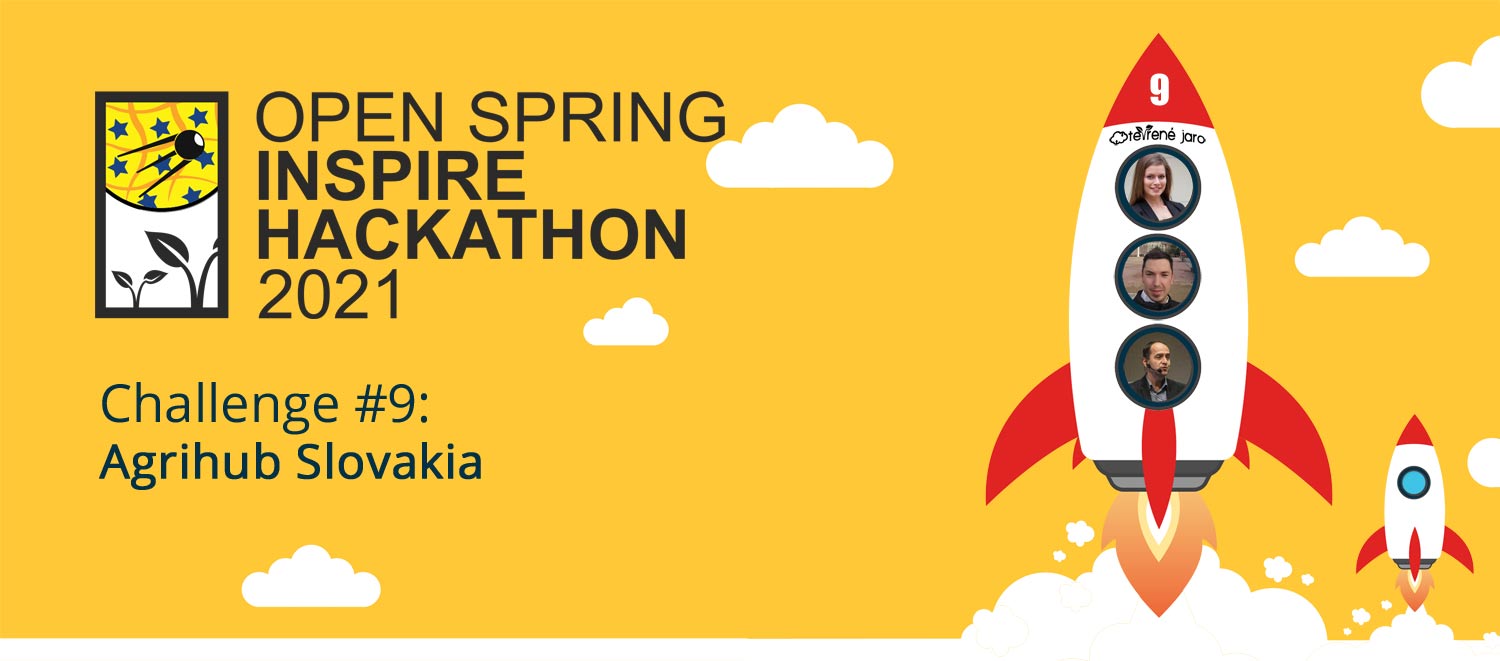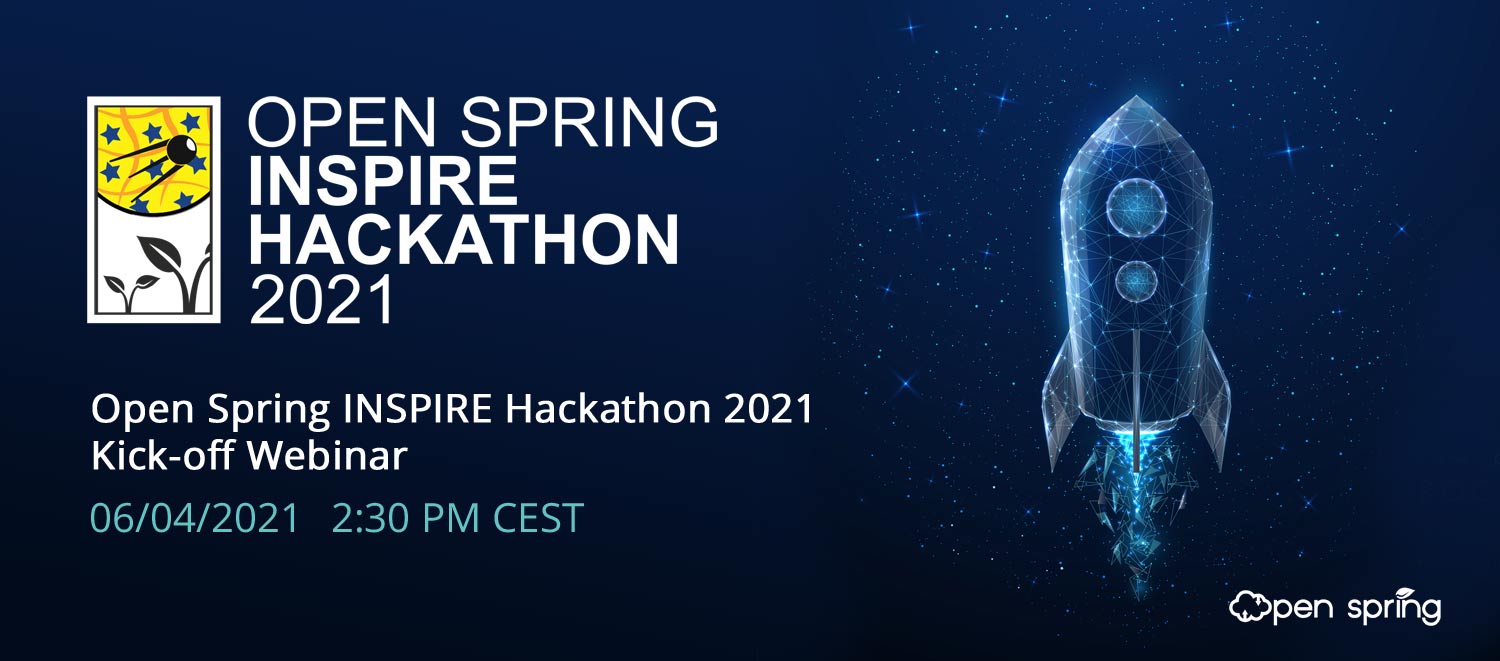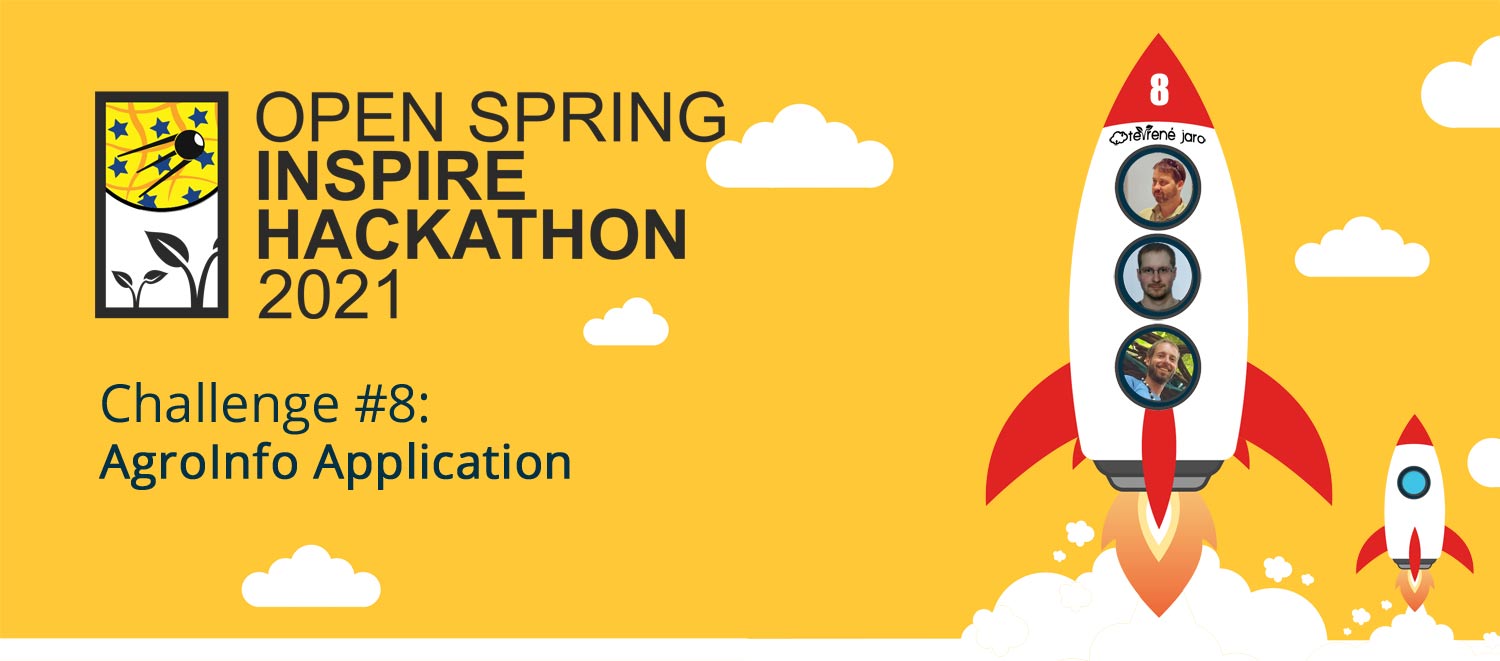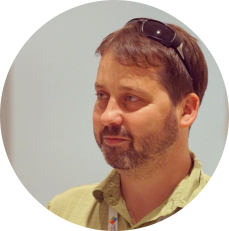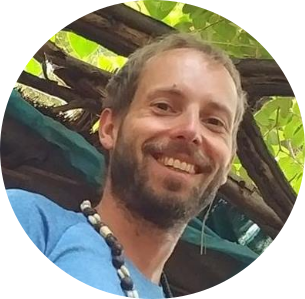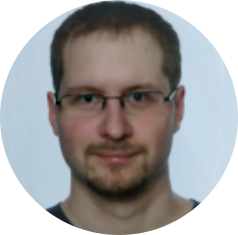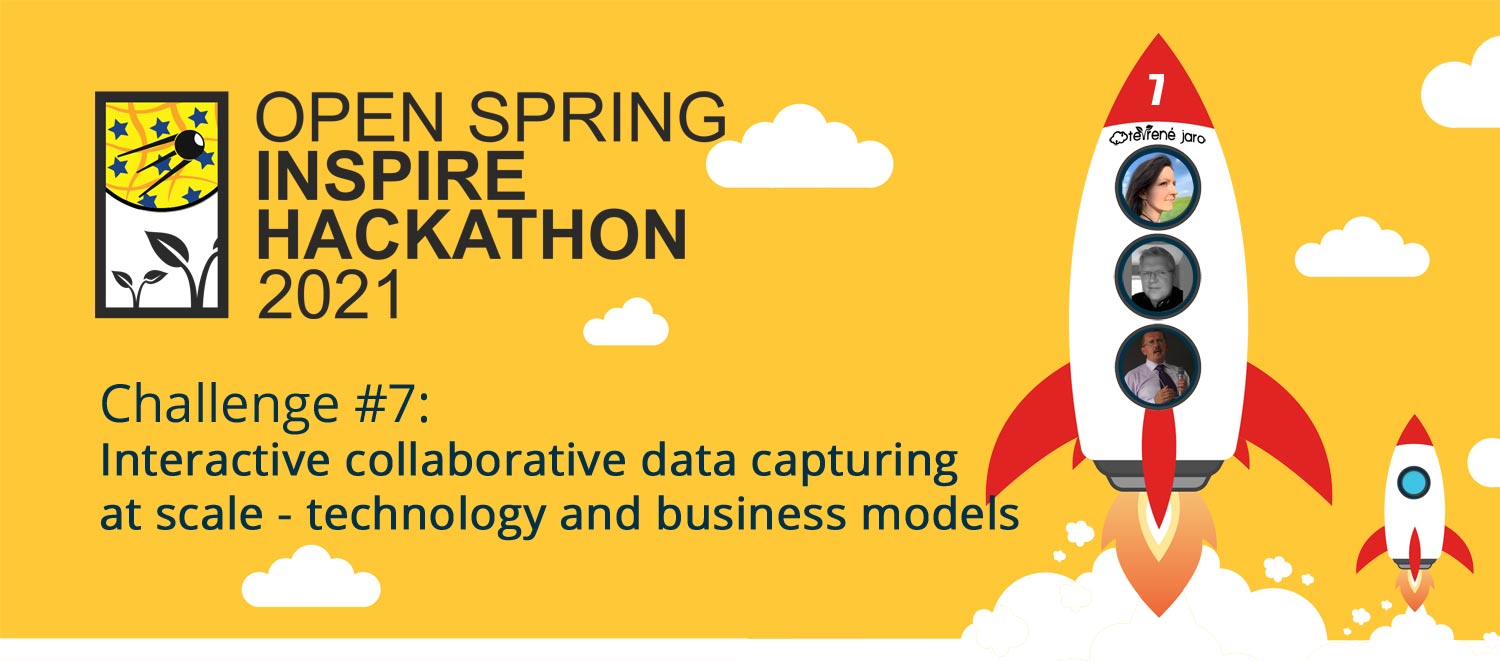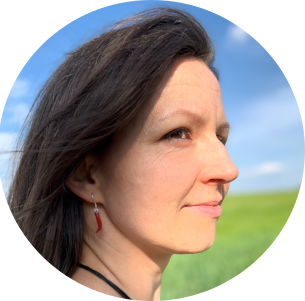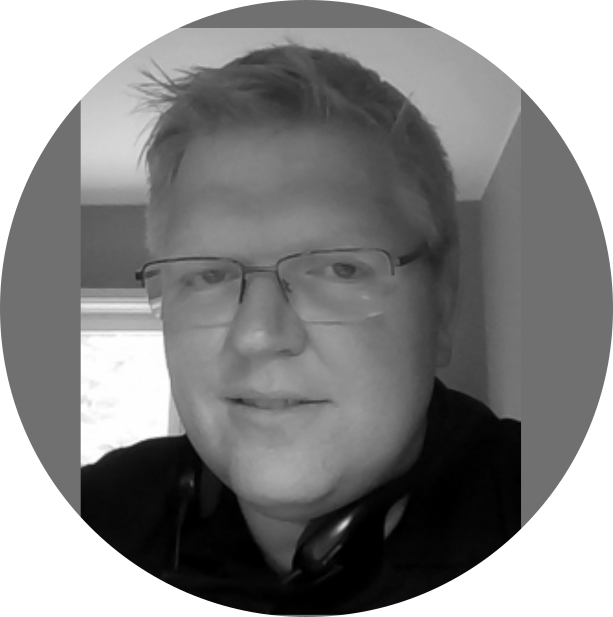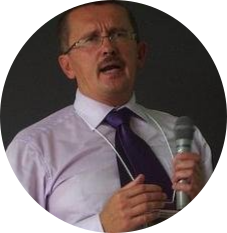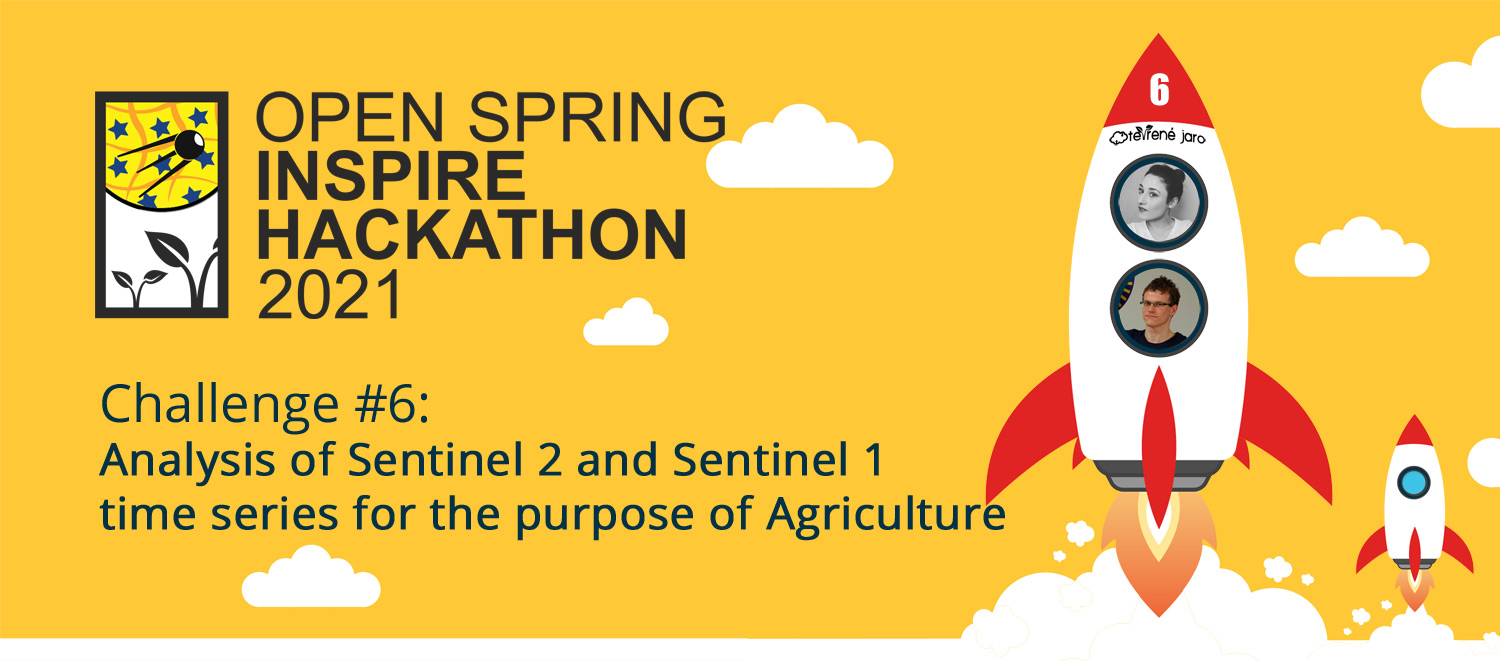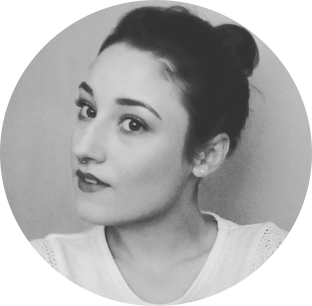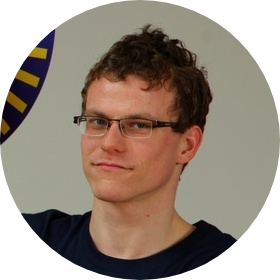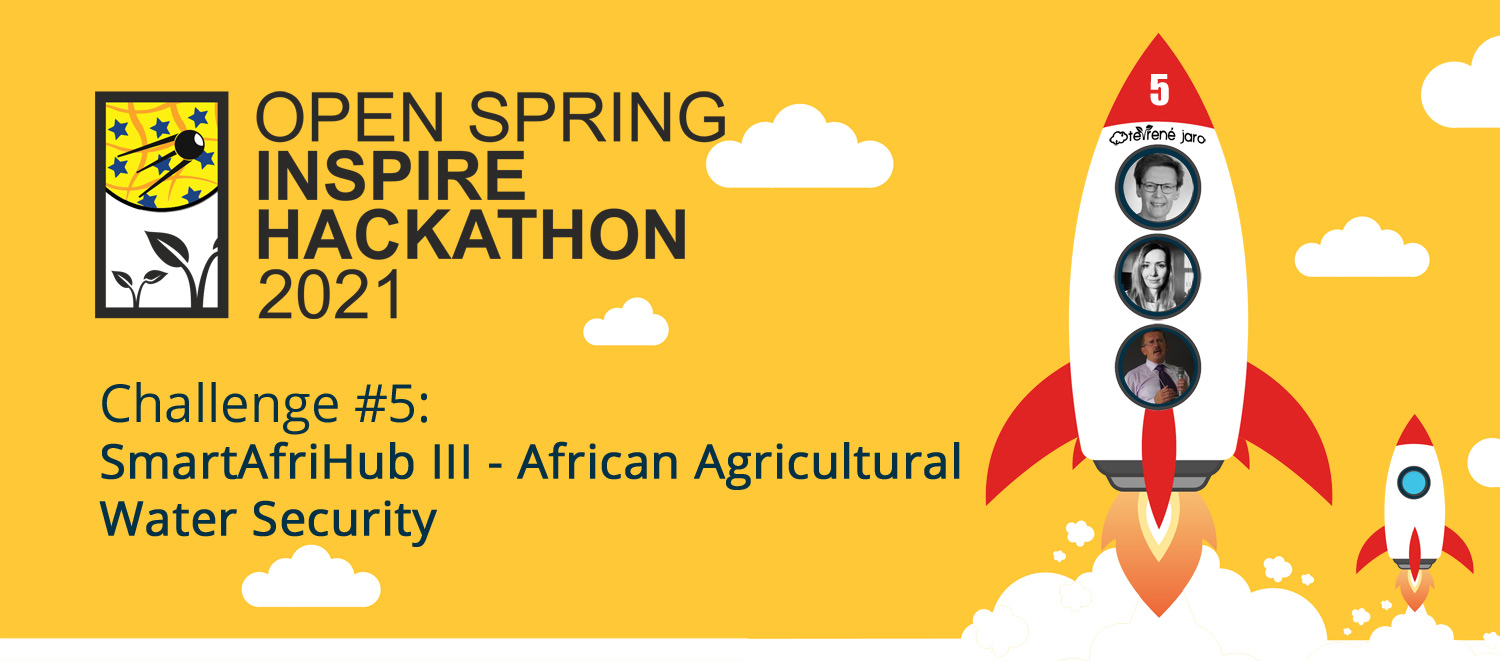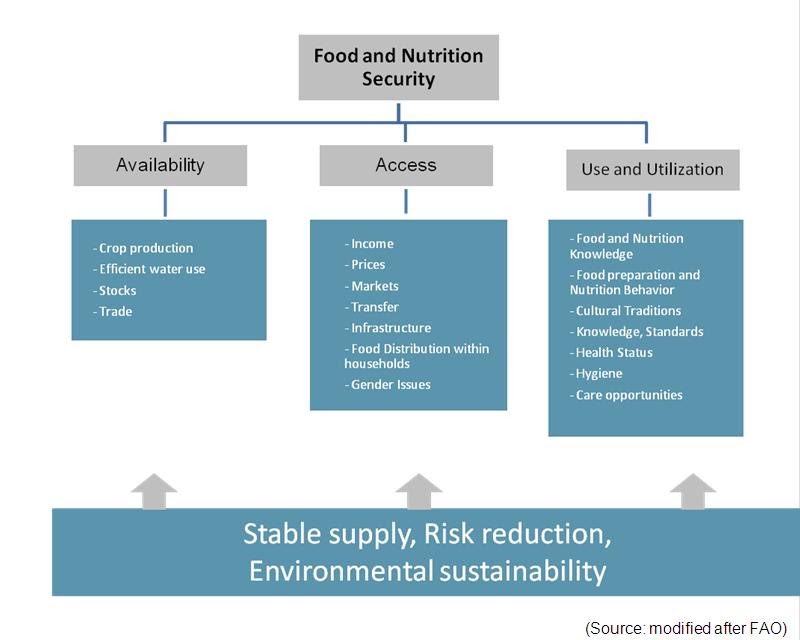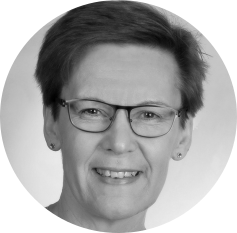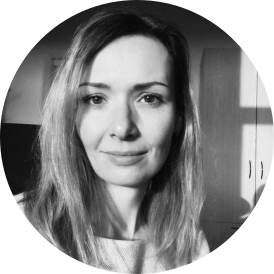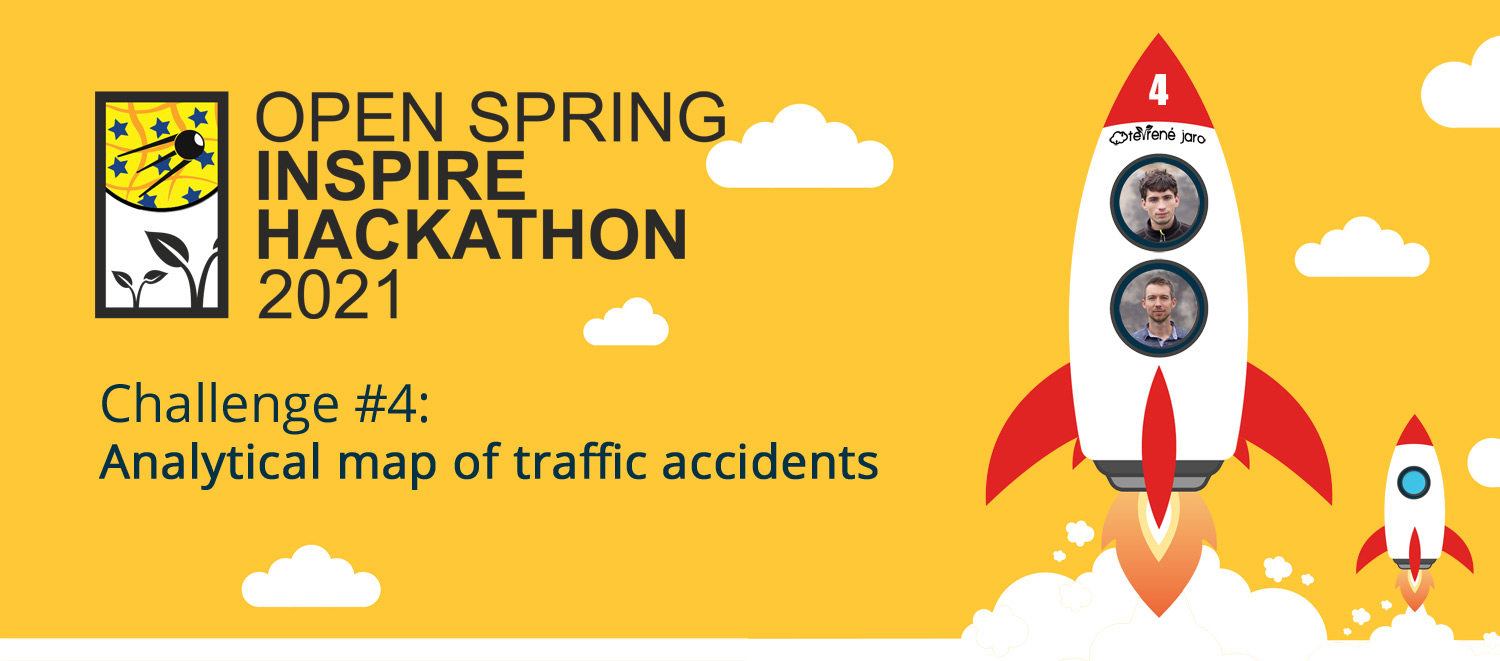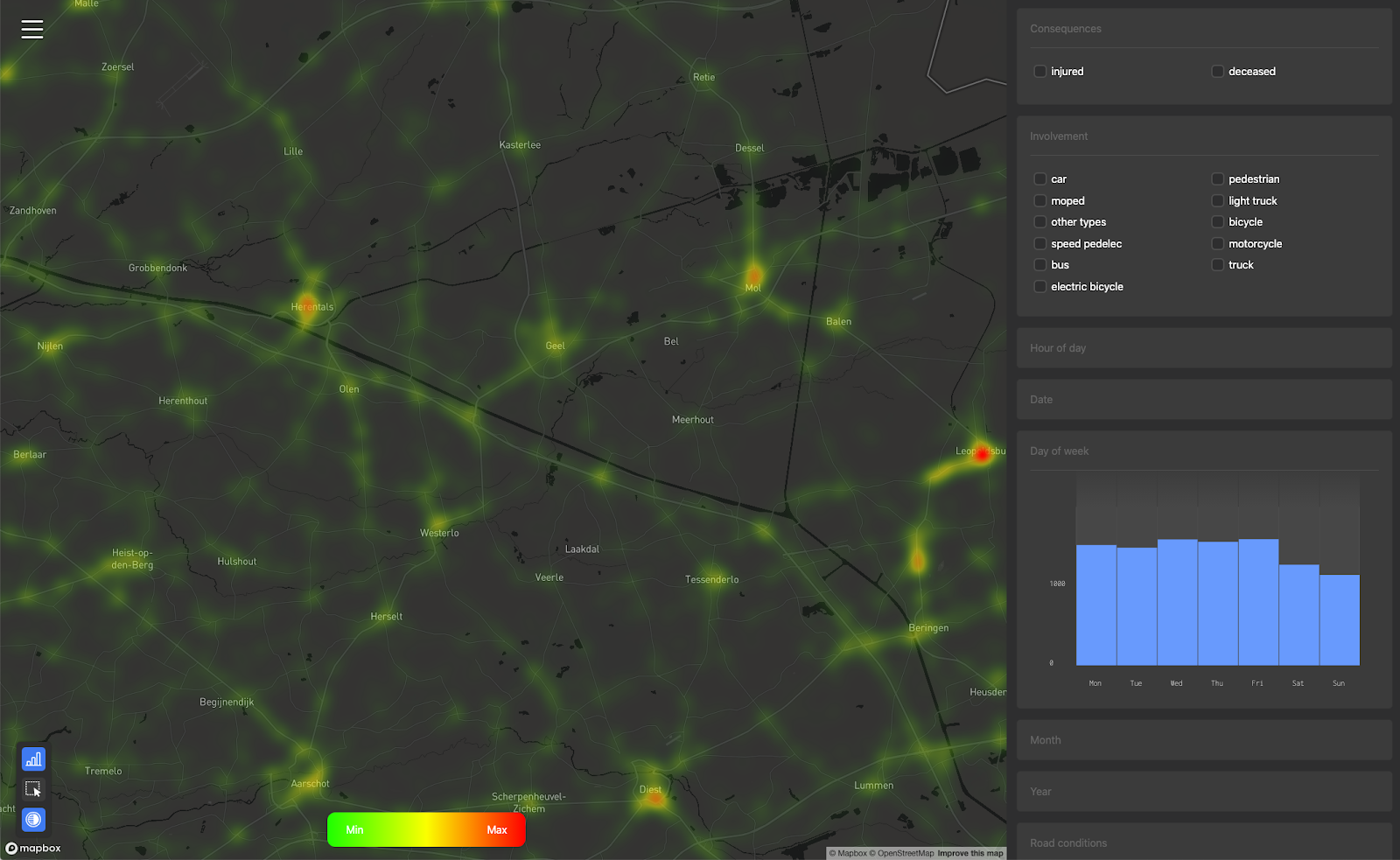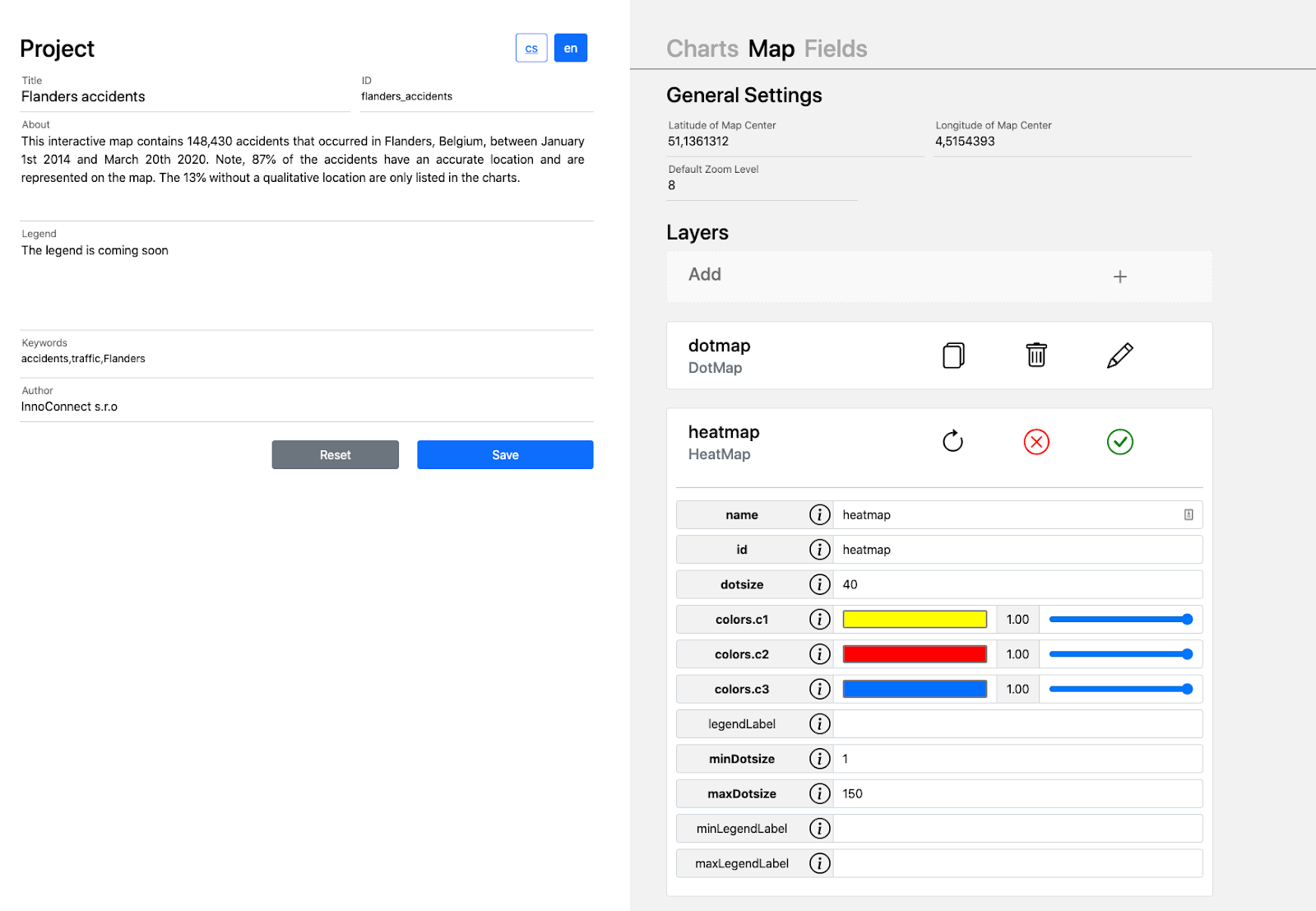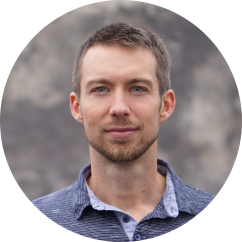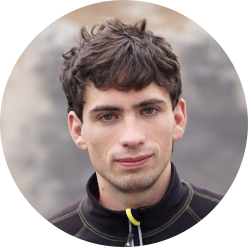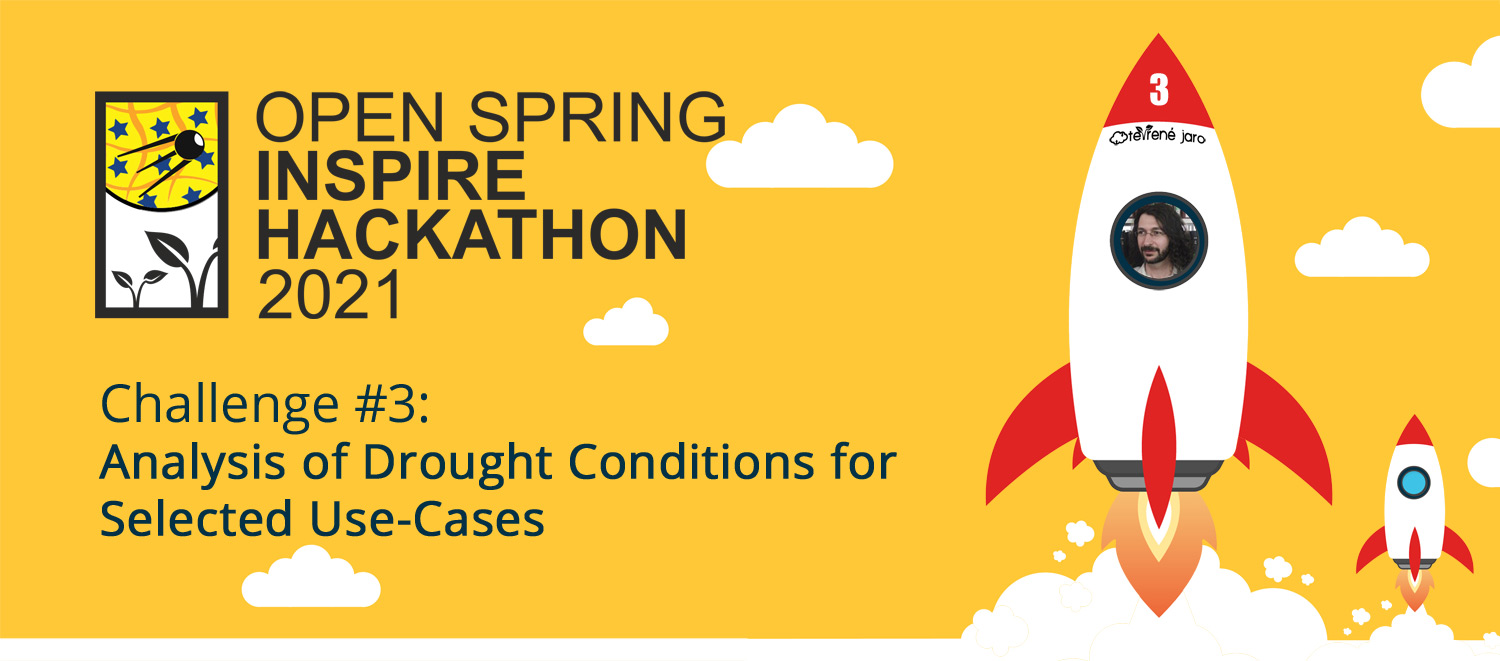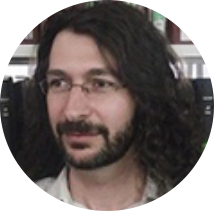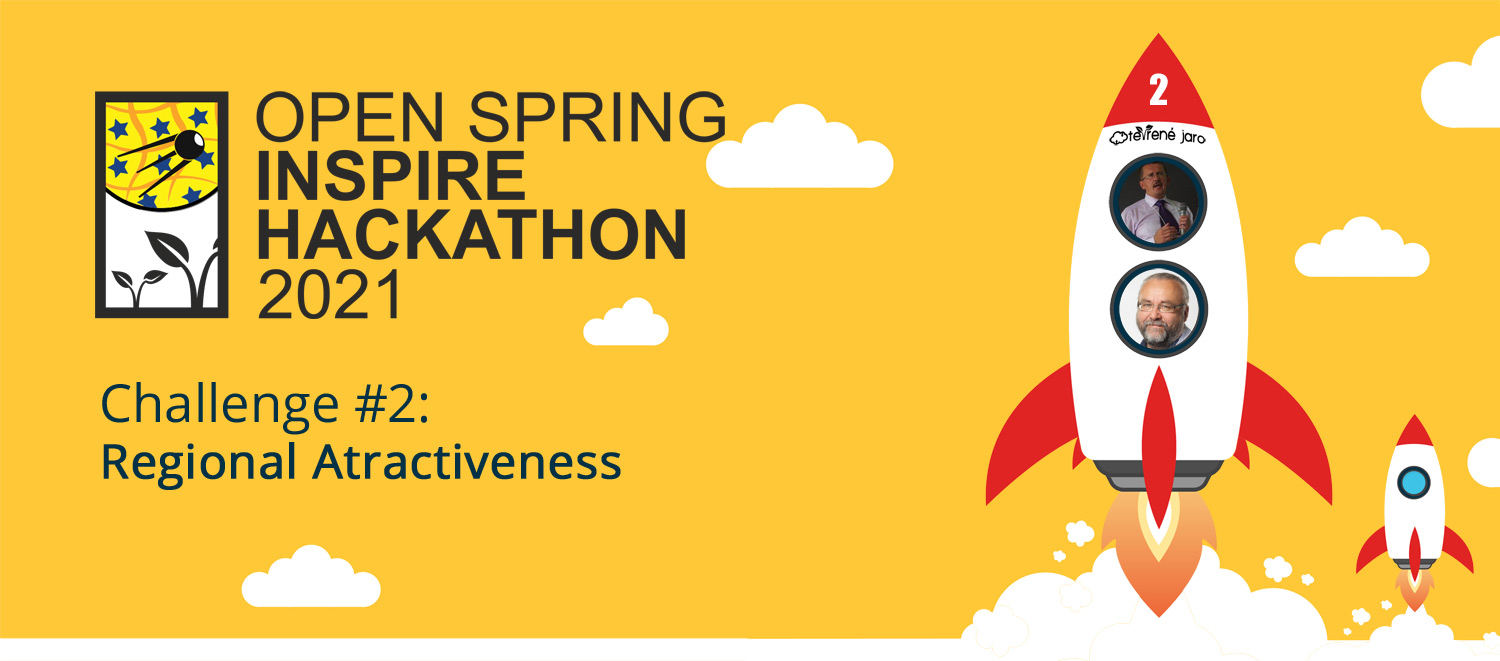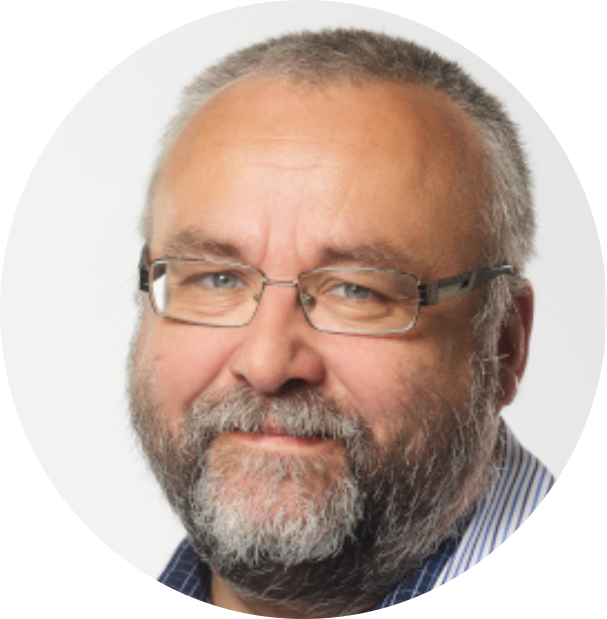Let’s make Slovak agriculture smarter, sustainable and competitive. The aim of the challenge is to build a Slovak Agricultural Innovation Hub. This activity will have several basic dimensions:
- social – to build a community around the Slovak innovation hub
- information – build an information Hub that will make available open data in Slovakia
- data – collect and publish open data in a form that makes it easy to use
- educational – to acquaint the community with the latest technologies and possibilities in the field of SmartFarming
- start-up – to offer an environment for the development and emergence of new ideas
- agricultural – to offer farmers transformational data into knowledge that will be applicable to them
The aim is to connect actors from development, the public sector, research with end users.
The purpose of the establishment of the Slovak AgriHub is the design and development of a smart technological innovation center for agriculture. The platform will be designed to create links between people, companies and other entities with knowledge and technology that will help in the implementation of innovative projects and ideas. One of the principles is to connect ordinary users with developers and researchers. The second principle is the integration of different types of demo applications, where farmers, developers and researchers will have the chance to collaborate, test different APIs for new solutions and also provide common experiments. The third principle is to make open data available in the Slovak Republic.
The solution is based on the use of Liferay Portal, including the integration of tools such as SensLog, HSlayers NG, QGIS, etc.
***The registration for the challenges is open! If you are interested, do not hesitate to register for the hackathon HERE***
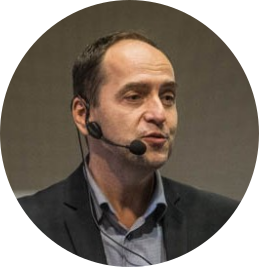 RADOSLAV DELINA graduated at the Faculty of Economics, Technical University of Kosice, Slovakia. He has experiences from memberships in the European RTD Evaluation Network (Ares(2013)437085-MS) under DG Research and Innovation of European Commission, MGA WG DG R&I, expert advisor for the Ministry of Education Slovak Republic, for Ministry of Foreign Affairs of Japan in the field of research and innovation and international cooperation and from expertise for EC in different several initiatives. Radoslav has extensive RTD experiences from EU FPx research and development projects in the field of digital and data services innovation in different areas and as evaluator of FPx and national projects in different countries. Nowadays, he is focusing on socially responsible digital innovation with higher societal impact, transparency, smart data (data mining) services, e-procurement and decision making process automation. He is developing the concept of social farming 4.0, where smart technologies are helping with working inclusion and sustainability. He is a strong supporter of higher data driven transparency and social inclusion. His commercial activities are focusing on market intelligence for strategic and operational supply chain, fraud detection and public procurement transparency. Radoslav was the coordinator of H2020 CSA WIRE2017 project in the field of socially responsible digital RTD and reducing inequalities. He won first prize on eBF – Fair Sourcing Award in the IDEA section with data driven innovation for e-procurement.
RADOSLAV DELINA graduated at the Faculty of Economics, Technical University of Kosice, Slovakia. He has experiences from memberships in the European RTD Evaluation Network (Ares(2013)437085-MS) under DG Research and Innovation of European Commission, MGA WG DG R&I, expert advisor for the Ministry of Education Slovak Republic, for Ministry of Foreign Affairs of Japan in the field of research and innovation and international cooperation and from expertise for EC in different several initiatives. Radoslav has extensive RTD experiences from EU FPx research and development projects in the field of digital and data services innovation in different areas and as evaluator of FPx and national projects in different countries. Nowadays, he is focusing on socially responsible digital innovation with higher societal impact, transparency, smart data (data mining) services, e-procurement and decision making process automation. He is developing the concept of social farming 4.0, where smart technologies are helping with working inclusion and sustainability. He is a strong supporter of higher data driven transparency and social inclusion. His commercial activities are focusing on market intelligence for strategic and operational supply chain, fraud detection and public procurement transparency. Radoslav was the coordinator of H2020 CSA WIRE2017 project in the field of socially responsible digital RTD and reducing inequalities. He won first prize on eBF – Fair Sourcing Award in the IDEA section with data driven innovation for e-procurement.
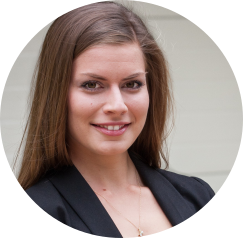 HANA KUBICKOVA graduated in Geomatics, the University of West Bohemia in Pilsen. She is employed as project support at Plan4all and has an extensive experience in organizing the INSPIRE hackathons. She is involved in the development of digital innovation hubs for agriculture in the frame of various H2020 projects.
HANA KUBICKOVA graduated in Geomatics, the University of West Bohemia in Pilsen. She is employed as project support at Plan4all and has an extensive experience in organizing the INSPIRE hackathons. She is involved in the development of digital innovation hubs for agriculture in the frame of various H2020 projects.
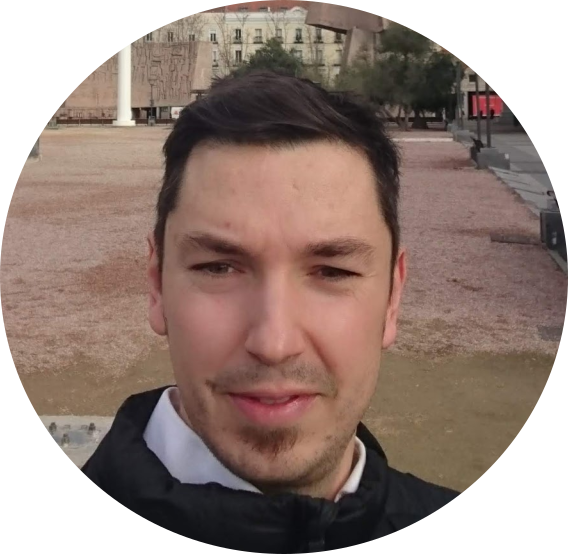 PETR UHLIR is a senior web designer oriented on user experience (UX) and frontend architecture with skills in Search Engine Optimisation (SEO), web marketing mix 4S (marketing mix focused on web environment extended about process management) and online marketing in general (SEO, SEM, Social media, emailing, etc.) which is in synergy with offline marketing. He is a creative person with feeling for aesthetics and design. Participated in more than 10 international projects. Education: Technical University in Prague, Faculty of electrical engineering – SW technologies and management; University of Economics in Prague, Faculty of Informatics and Statistics – Information Systems Management, Faculty of International Relations – Retail business
PETR UHLIR is a senior web designer oriented on user experience (UX) and frontend architecture with skills in Search Engine Optimisation (SEO), web marketing mix 4S (marketing mix focused on web environment extended about process management) and online marketing in general (SEO, SEM, Social media, emailing, etc.) which is in synergy with offline marketing. He is a creative person with feeling for aesthetics and design. Participated in more than 10 international projects. Education: Technical University in Prague, Faculty of electrical engineering – SW technologies and management; University of Economics in Prague, Faculty of Informatics and Statistics – Information Systems Management, Faculty of International Relations – Retail business

